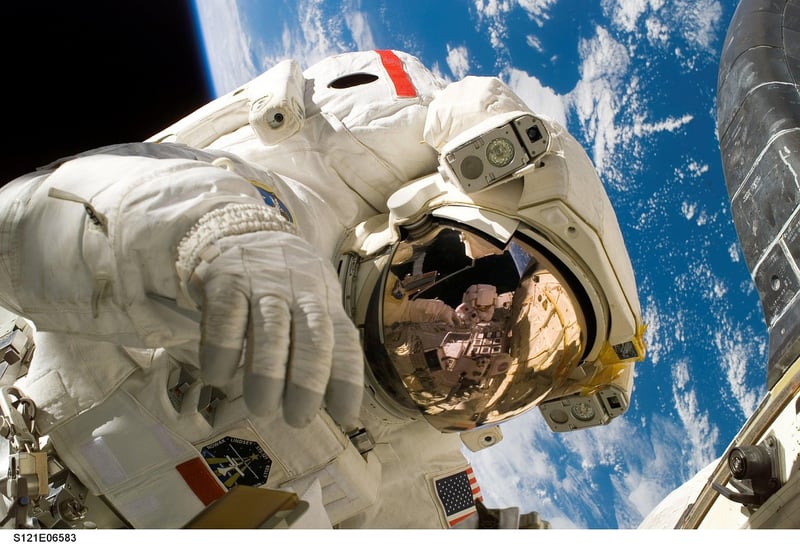Future Exploration
The Evolution of Exploration Through Different Eras and Future Possibilities
Ancient Exploration
Ancient civilizations like the Egyptians, Phoenicians, Greeks, and Romans were early pioneers of exploration. They traveled by land and sea, expanding their territories, trading goods, and sharing knowledge.
Age of Discovery
In the 15th to 17th centuries, European explorers like Christopher Columbus, Vasco da Gama, and Ferdinand Magellan embarked on voyages to discover new lands, establish trade routes, and spread their influence.
Exploration in the 19th and 20th Centuries
The 19th and 20th centuries saw expeditions to the North and South Poles, deep-sea exploration, and space exploration. Adventurers like Roald Amundsen, Jacques Cousteau, and Neil Armstrong pushed the boundaries of human exploration.
Modern Exploration
Today, exploration extends beyond Earth to Mars, the Moon, and beyond. Space agencies like NASA, ESA, and private companies like SpaceX are leading the way in space exploration, seeking to colonize other planets and uncover the mysteries of the universe.
Future Exploration
The future of exploration holds exciting possibilities, including manned missions to Mars, asteroid mining, deep-space travel, and the search for extraterrestrial life. Advancements in technology, such as AI, robotics, and virtual reality, will revolutionize how we explore the cosmos.
Exciting Times Ahead
As we look to the future, the spirit of exploration continues to drive us forward, inspiring new generations to push the boundaries of what is possible and expand our understanding of the universe.
Join the Journey
Whether through scientific research, space tourism, or technological innovation, there are endless opportunities to be part of the next great era of exploration. The future is waiting to be discovered!

Explore more about the evolution of exploration and get inspired to chart new frontiers!
